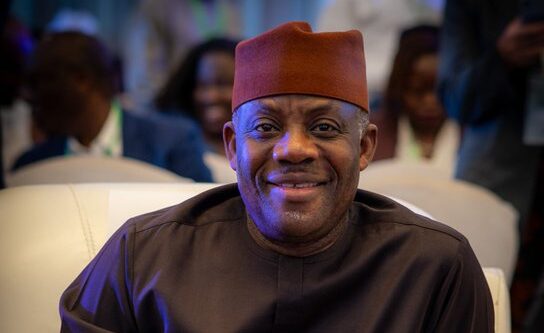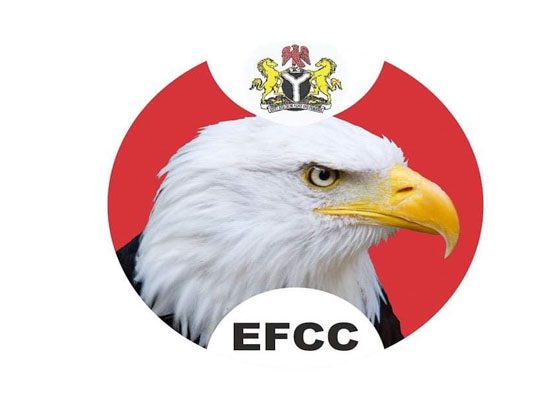A Nigerian lawyer, Joshua Ijaodola, has dragged the Federal Government before the Federal High Court in Abuja, seeking to invalidate the laws establishing the Economic and Financial Crimes Commission (EFCC) and the Nigeria Security and Civil Defence Corps (NSCDC), alleging that both institutions are unconstitutional.
The suits, which were filed separately on June 24, 2025, with dates marked as June 23, hinge on the claim that the enabling Acts that brought the EFCC and NSCDC into existence are in clear contravention of Section 214 of the 1999 Constitution of the Federal Republic of Nigeria (as amended). The section, according to the lawyer, provides for only one police force in Nigeria, the Nigeria Police Force, which is saddled exclusively with powers to detect, investigate, and prosecute criminal offences.
In the first suit, marked FHC/ABJ/CS/1231/2025, Ijaodola listed the National Assembly, the Attorney-General of the Federation (AGF), the Nigeria Police Force, and the EFCC as the first to fourth defendants. In the second suit, with case number FHC/ABJ/CS/1232/2025, the same defendants were sued in relation to the NSCDC, replacing the EFCC as the fourth defendant.
Ijaodola submitted affidavits of non-multiplicity of actions in both cases, affirming that similar suits are not pending before any other court. He emphasized that these actions are being initiated solely to challenge the legal foundation upon which both security agencies were established, stating that it is in the interest of constitutional order and justice.
In his legal argument against the EFCC, Ijaodola submitted that the anti-graft agency was created via the EFCC Act of 2004 as a specialized law enforcement body for tackling economic and financial crimes. However, he contended that by virtue of Section 6 of the EFCC Act, the National Assembly conferred on the agency powers that rightfully belong to the Nigeria Police Force, thereby violating the supremacy of the Constitution.
He pointed specifically to Section 8(5) of the EFCC Act, which authorizes the commission to arrest, investigate, detain, and prosecute economic crimes. According to him, such powers can only be exercised by the police under Section 214 of the Constitution and Section 4 of the Police Act, 2022. Ijaodola further argued that this delegation of police responsibilities to another agency amounts to an unconstitutional duplication of law enforcement powers.
In the parallel case concerning the NSCDC, Ijaodola made a similar argument, referencing the NSCDC (Amendment) Act, 2007, which expanded the Corps’ operational powers. He submitted that this law unlawfully empowered the NSCDC with quasi-police functions, despite the constitutional provision that recognizes only one police force in Nigeria.
Describing both agencies as “unconstitutionally established,” the lawyer maintained that their continued operation represents a clear usurpation of police duties under the guise of legislative enactments. He added that the AGF, as the Chief Law Officer of the Federation, ought not to support institutions that violate constitutional provisions, stressing that billions of naira in public funds have been spent annually to fund agencies that lack legal backing.
“The declaration is made conscientiously, believing it to be true, under the provisions of the Oaths Act,” Ijaodola said in his affidavit, urging the court to uphold constitutional supremacy and declare both Acts null and void.
As at press time, the cases are yet to be assigned to a judge, and hearing dates remain pending. However, the suits are already generating attention within legal and security circles, with stakeholders closely watching how the judiciary will interpret the scope of legislative authority in establishing enforcement agencies outside of the constitutionally mandated Nigeria Police Force.







